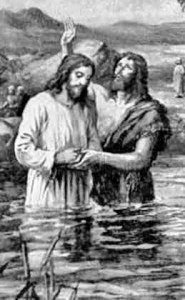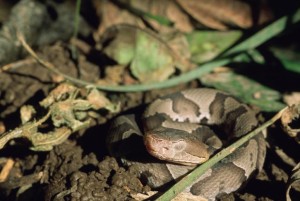The people who influence you are
The people who believe in you
– Henry Drummond
Three brothers of the same household believed in me. Each played an influencing role. Each introduced me to something or someone – marking me for life. For good. I’m in their debt.
The Creason brothers. Common men of uncommon influence.
Troy (small business-owner, cattle-tender) sat with eleven and twelve-year-old boys in a tight, window-less room. Seated on straight-back chairs and short benches we boys formed a square – most of our backs touching a wall. Ricky, Larry, Dwight, Tim, James. . .
Brother Troy’s King James Bible lay open before him. With a calloused forefinger he tracked the sentences as he read. His instruction in down-to-earth terms supplied me and the others with building blocks of truth. For life. Though we likely retained only a trace of the Biblical riches dispensed, Troy showed up week by week.
What he shared, he lived. The truths could bring us into and through a meaningful life. He knew this. He introduced us to Christ. His nature and character. Truthfulness, perseverance, responsibility, faith. A life with Jesus was the life to live. Nothing else made sense. I never doubted Troy’s motives, his reasons for showing up. Why would I? The reason was obvious. He believed the book. He believed in us.
Melvin (farmer, welder)
Melvin totally wowed me as a youth leader. He and his gracious auburn-haired wife, Joan, endeared themselves to all the teens.
Melvin was never splashy, sensational. But engaging, sincere. Attentive. If in my teen years I relished anything to do with church it was tied to Melvin.
Brother Melvin, could you teach me to make a necktie knot?
Sure. Just a second, while I adjust this mirror.
The white Ford Mustang breezed along Hwy 75 – Melvin and his wife up front. We were going to a Monday night youth rally. I was squeezed between other students in the back seat – positioning my Adam’s-apple to meet Melvin’s focus through the rearview mirror.
My clumsy fingers fumbled with my tie as Melvin – steering wheel firmly in hand – talked me through.
Ready Jerry? Thread the broad part over, then under and through (pause); now up and out the triangular opening, then. . .
Melvin glanced first to the mirror, then to the road and back again. This two-step rumba continued, alternating between the highway and my knot-tying exercise. He patiently took me through the steps, assuring me along the way. Melvin believed in me.
I would get this knot tied. I knew it.
If you hold rich memories of some person who made a positive influence in your life, be assured. That person was an encourager.
I heard this piece of wisdom years ago.
The neck tie incident – one in a long list of treasured happenings with Melvin – illustrated the truth.
Be a blessing.* This tender mandate of heaven was personified in my youth pastor. He blessed us. By his devotion, by believing in us. Influencing us – well into the future.
When our thirty-fifth anniversary came, Ann and I renewed our marriage vows at the little church. Where my family worshiped. Where the two of us were wed.
As I dressed for the affair I threaded my green and white tie. I snugged the knot securely. Melvin would officiate our milestone renewal. I reviewed my workmanship and smiled.
Would he notice the knot?
—— —— —— —— —— —— —— —— —— —— —— ——
(The third Creason brother – Fred – introduced me to my bride. An account for another day.)
*Genesis 12.2 Bible. Old Testament
©2015 Jerry Lout








